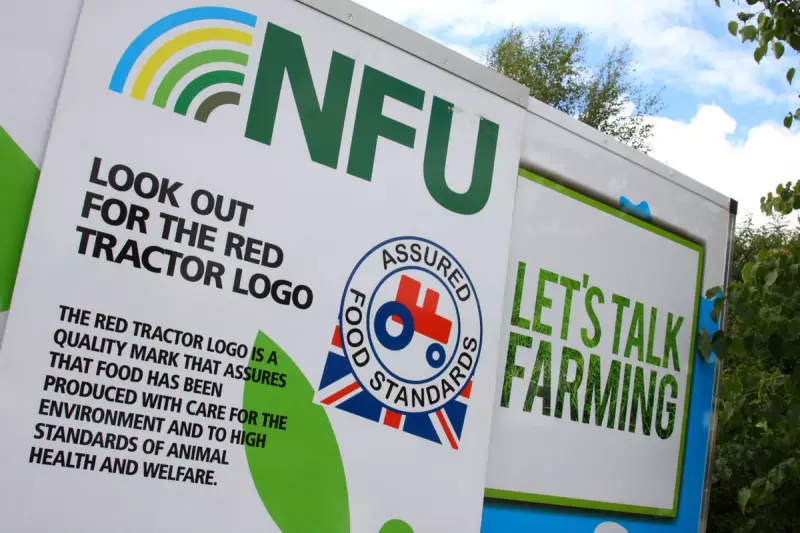
The UK's premier food assurance scheme, Red Tractor, finds itself embroiled in controversy after the Advertising Standards Authority (ASA) ruled its environmental messaging misled consumers about the programme's actual ecological credentials.
What Sparked the Investigation?
The regulatory scrutiny began when environmental campaigners raised concerns about Red Tractor's promotional materials, which suggested the scheme guaranteed superior environmental protection standards. The ASA investigation revealed a significant gap between consumer expectations and the scheme's actual environmental requirements.
The Core Issue: Perception Versus Reality
According to the ASA ruling, Red Tractor's communications created the impression that certified farms operated under "robust" environmental protocols that substantially exceeded legal requirements. However, investigators found that many basic environmental protections were actually mandatory under UK law for all farms, regardless of Red Tractor certification.
This discrepancy meant shoppers were potentially misled into believing they were supporting exceptional environmental practices when, in reality, they were simply purchasing from farms meeting baseline legal standards.
Industry Reaction and Implications
The ruling strikes at the heart of the £14 billion assurance scheme that certifies approximately 78,000 UK farms. Industry experts suggest this could have far-reaching consequences for how food producers communicate environmental credentials to increasingly eco-conscious consumers.
Supermarkets that prominently feature the Red Tractor logo may now face increased scrutiny from shoppers demanding greater transparency about the environmental claims associated with their food purchases.
What Changes Can Consumers Expect?
- Clearer communication about what Red Tractor certification actually entails
- More precise environmental messaging that doesn't overstate the scheme's ecological benefits
- Potential development of additional environmental modules within the certification programme
- Increased pressure on supermarkets to verify environmental claims
The ruling comes at a critical time when consumer awareness of greenwashing is at an all-time high, and regulatory bodies are taking increasingly firm stances against misleading environmental marketing.





